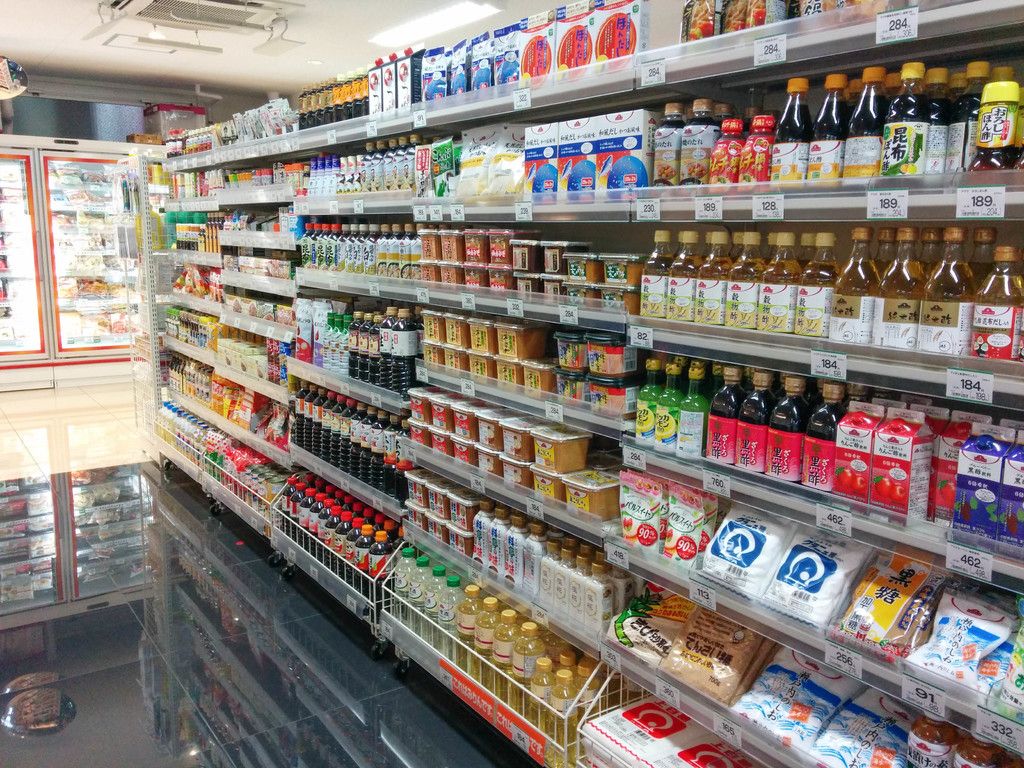Seoul's Kospi Stock Market Nears Psychological Barrier Amid Cautious Optimism
Stock Market's Initial Movement Remains Stable amid Middle East Uncertainty
Take a gander at the bustling trading floor of Hana Bank in Seoul on June 18. The city's Kospi stock market, while brimming with optimism, is dangling just short of the coveted 3,000-point mark.
Over the last few months, the Kospi has seen a remarkable rally, escalating from around 2,200 to approximately 2,970 as of June 18, 2025. Yet, it's been struggling to break through this psychological barrier, having hovered above the 2,900 level for six consecutive trading days without a consistent breach of 3,000 points [1][5].
On June 18, the Kospi closed at 2,972.19, ticking up despite a intraday high flirting with 2,979. The hesitation in surpassing this level can be attributed to geopolitical tensions, such as the escalating conflict following Israel's airstrike on Tehran, which has jangled investor nerves and injected some volatility [1]. Moreover, the market has cooled down somewhat after its impressive rally over the preceding months [1].
When it comes to sectors, recent gains have been propelled by defense, information technology (IT), and energy sectors. On June 16, the Kospi skyrocketed 1.8%, reaching its highest level in over three years, largely owing to impressive performance in defense and IT stocks [2]. These sectors, along with energy, have ignited buying interest from both local retail investors and institutions, while foreign investors have been net sellers [2].
As we look to the future, several Korean brokerages and global banks foresee the Kospi crossing the 3,000-point mark in either the latter half of 2025 or early 2026. The sectors predicted to drive this growth further include finance, nuclear energy, defense, and holding companies [3]. However, it's essential to remain vigilant as near-term corrections could occur due to persistent geopolitical and trade uncertainties [3].
All in all, the Kospi presents a picture of a market in a steady rally phase, tempered by geopolitical risks and profit-taking pressure near a significant psychological level. The defense and IT sectors are standing tall as major contributors to recent gains, with expectations for broader sector involvement fueling continued momentum [1][2][3].
Enrichment Insights:
- The Kospi, as of mid-June 2025, is hovering just below the 3,000-point mark, having seen a rally since April that lifted it from near 2,200 to around 2,970 by June 18, 2025 [1][5].
- Despite the recent rally and surge to its highest level in over three years on June 16, market optimism has been tempered by ongoing geopolitical tensions and potential profit-taking pressure near the 3,000-point level [1][5].
- The greatest gains in the Kospi have been delivered by the defense, IT, and energy sectors, with the institutional and retail investor being the primary driving force behind these purchases, while foreign investors have been net sellers [2].
- The Kospi's growth potential is anticipated to persist, with finance, nuclear energy, defense, and holding companies expected to fuel further gains, though there remains a possibility of short-term volatility due to ongoing geopolitical and trade uncertainties [3].
- The defense, IT, and energy sectors, which have contributed significantly to the recent Kospi gains, are also predicted to be key drivers in the market's further growth, along with finance, nuclear energy, and holding companies.
- While the Kospi has been experiencing a steady rally phase, it has been held back from surpassing the 3,000-point mark due to geopolitical tensions and potential profit-taking pressure.
- Despite the recent remarkable rally in the Kospi, foreign investors have been net sellers, with local retail investors and institutions driving buying interest primarily in defense, IT, and energy sectors.




